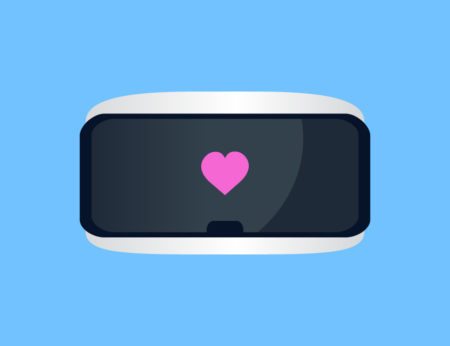Virtual Reality is blurring the lines between passive observation and active participation.
Currently, VR is mostly visible in entertainment and clearly has potential to revolutionize education. But, the technology also has the power to use simulated experiences to provoke genuine emotional reactions- a fact that has inspired researchers to harness VR to change our personal behaviors through empathy.
Out of Sight, out of Mind
Evolution has arguably engineered us to be selfish.
If we were always concerned with everyone else’s problems half way across the world, how would we be able to take care of ourselves?
If we didn’t care about ourselves, we wouldn’t have incredible chances of survival. Without great chances of survival, we would have even dimmer chances of reproducing (which is, in itself, a form of surviving long-term by passing our genes to another generation, helping our genetic material survive yet another day). Since reproducing is our undeniable primordial impetus for surviving, self-interest and self-preservation are logically hardwired into us.
The same evolutionary tools make it easy to throw a plastic wrapper on the ground or to not pick it up when it accidentally falls out of our pocket: there is really no immediate, life-threatening consequences for us if we do.
Sure, we know that littering pollutes the environment, and that’s bad for us all long-term, but how does littering really affect us right now?
“Empathy makes immediate and present tHINGS that might otherwise seem distant and inconsequential.”
If there consequences of an action are too abstract, doing the right thing long-term could actually be an inconvenience short-term (looking for a trash can has more of an immediate effect on us by making us late for work or walk too far our way than global warming seems to have).
Walk a Mile in my Shoes
Video games and the hype around projected applications in entertainment are probably the first things we think of when we hear “Virtual Reality”, but the new medium could also be a vector for empathy.
Currently, the technology is restricted to mostly audio-visual experiences with limited sensations provided by vibration. However, as the technology improves to encompass sensory inputs, VR has real potential to trick us into a real emotion response like empathizing with other people, places or even creatures.
“The fundamental principle (and the appeal) of the technology is exactly what makes VR inspire empathy: users are transported to an alternate reality and completely immersed in an experience.”
Understanding the consequences of an action stems partially from having an experience that makes you understand the effect that an action has. In her article discussing VR and empathy, Jessica Leigh Hester writes that the medium “can make the link between users and the larger world not only perceptible, but inescapable.”
Shared experiences, therefore, inspire empathy.
Empathy puts us in other people’s shoes. Empathy makes things immediate and present that might otherwise seem distant and inconsequential.
Virtual Actions, Real Consequences
For example, back in 2011 researchers at the Virtual Human Interaction Lab at Standford University conducted a study comparing two groups. One group read a passage describing a tree being cut down in a forest, and one group particpated in a VR simulation in which they used a vibrating chainsaw to cut down a single tree in virtual forest.
Following the simulation, participants from both groups were asked to clean up a spill using napkins, but participants from the VR simulation used 20 percent few napkins than the participants that just read the passage.
The fundamental principle (and the appeal) of the technology is exactly what makes VR inspire empathy: users are transported to an alternate reality and completely immersed in an experience.
Finding ourselves in the heart of an experience triggers genuine emotional responses and builds empathy through shared experiences. Therefore, VR will certainly prove useful most immediately in environments where empathy is crucial to preventing violence and abuse such in schools, hospitals, and correctional facilities. The Guardian has partnered with The Mill Studio to create a VR experience that gets the user right into a prison cell, with all the tension, anxiety and down to the smallest details of inmates life.
In a more meta sense, VR has the potential to close the gap between action and consequence to make us more informed decision makers and more responsible beings.


















Comments (0)
Most Recent